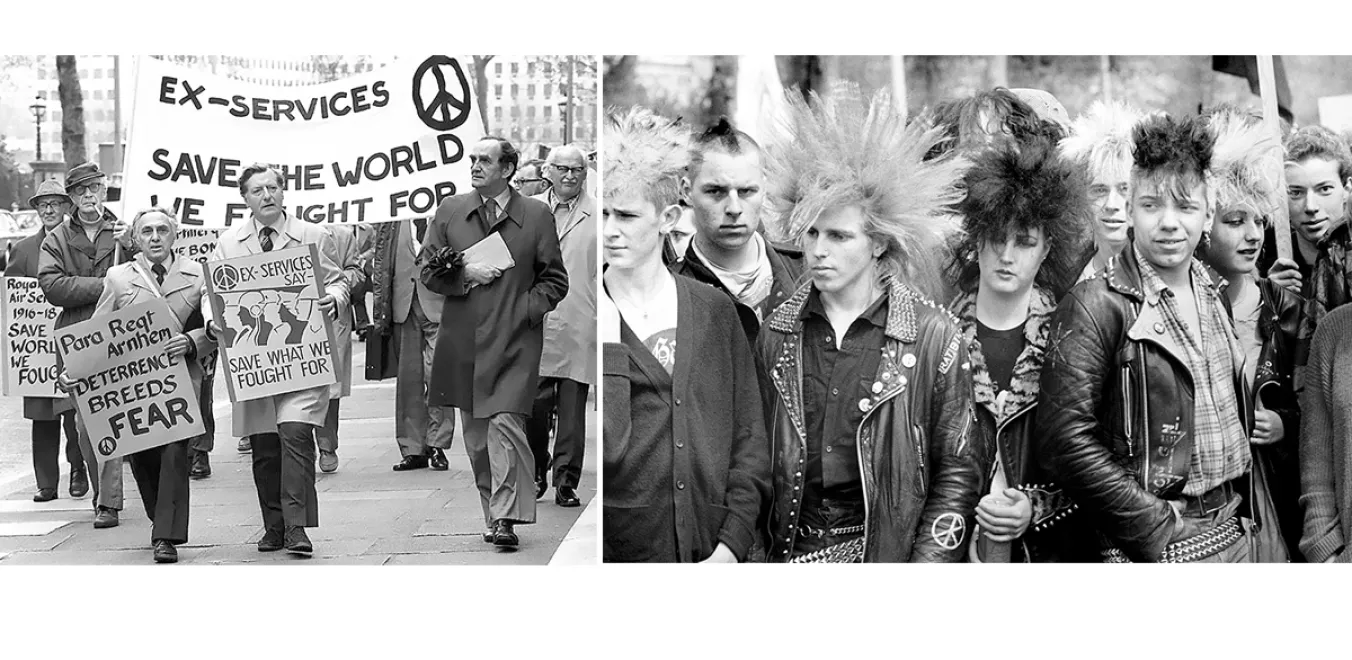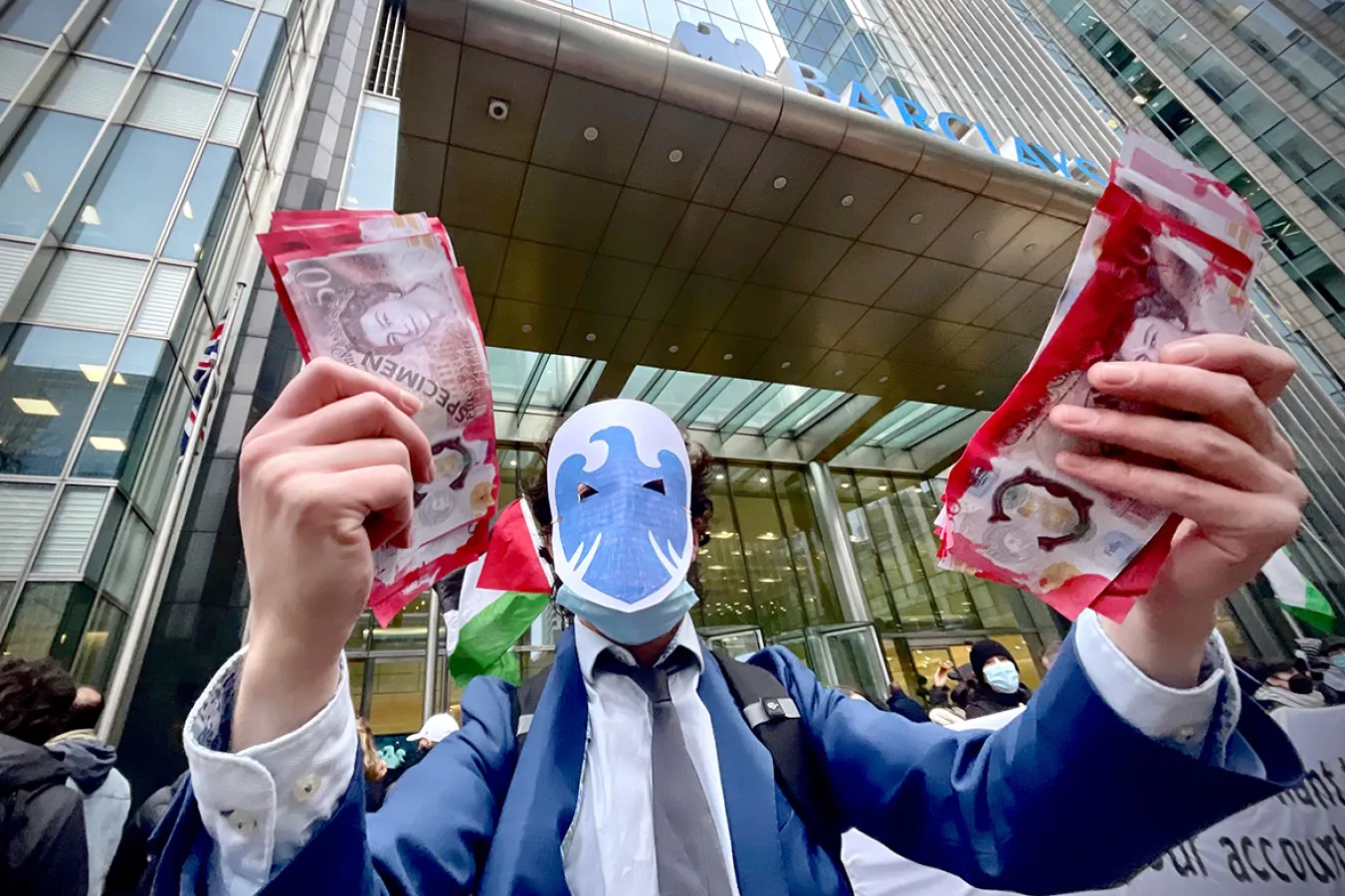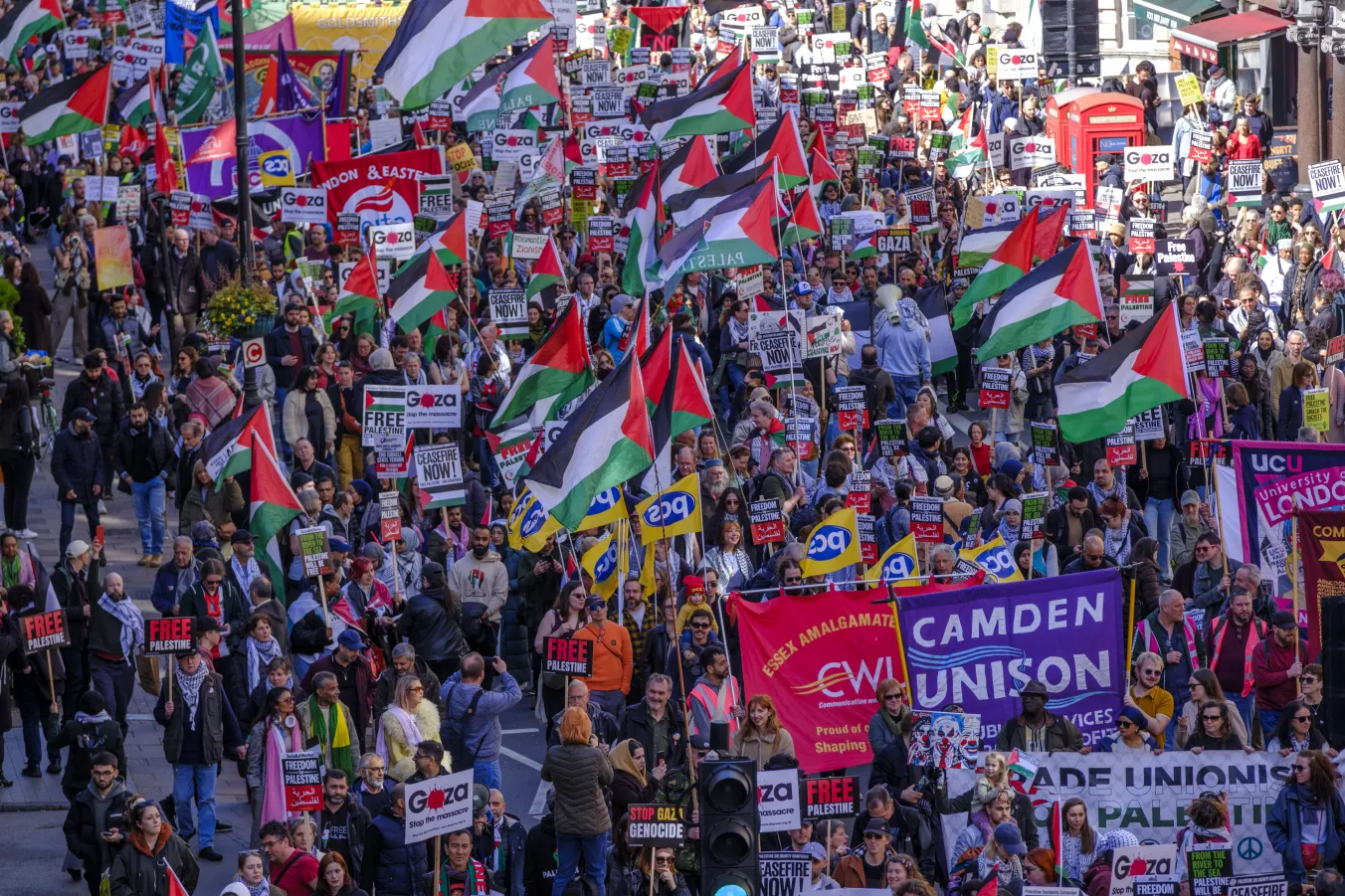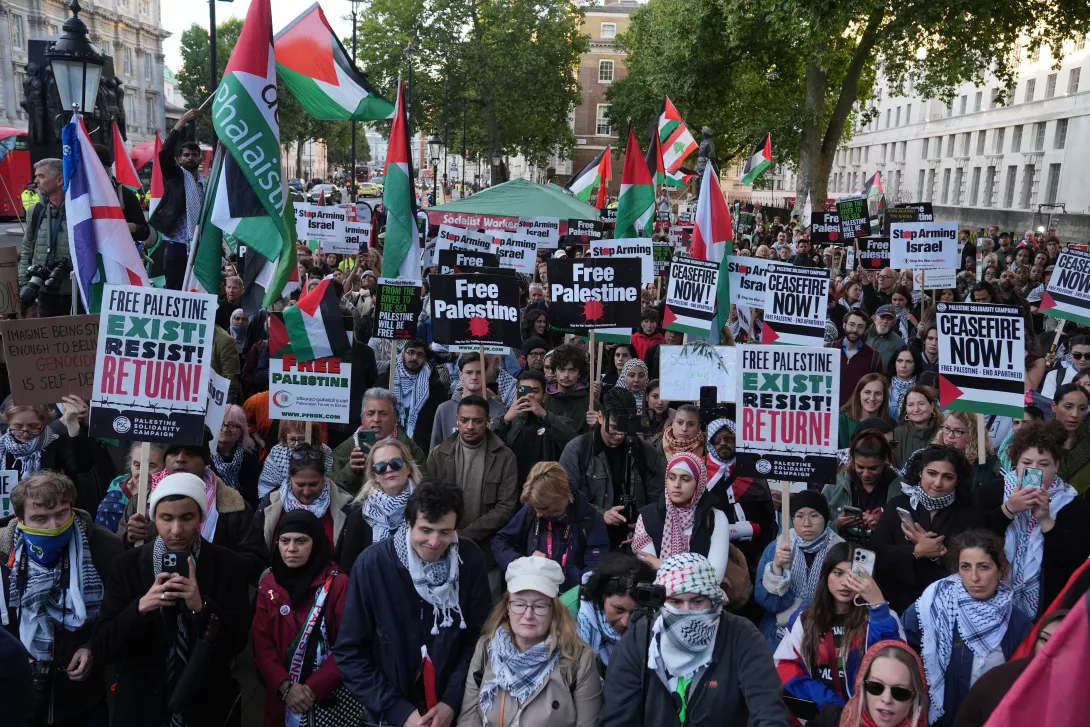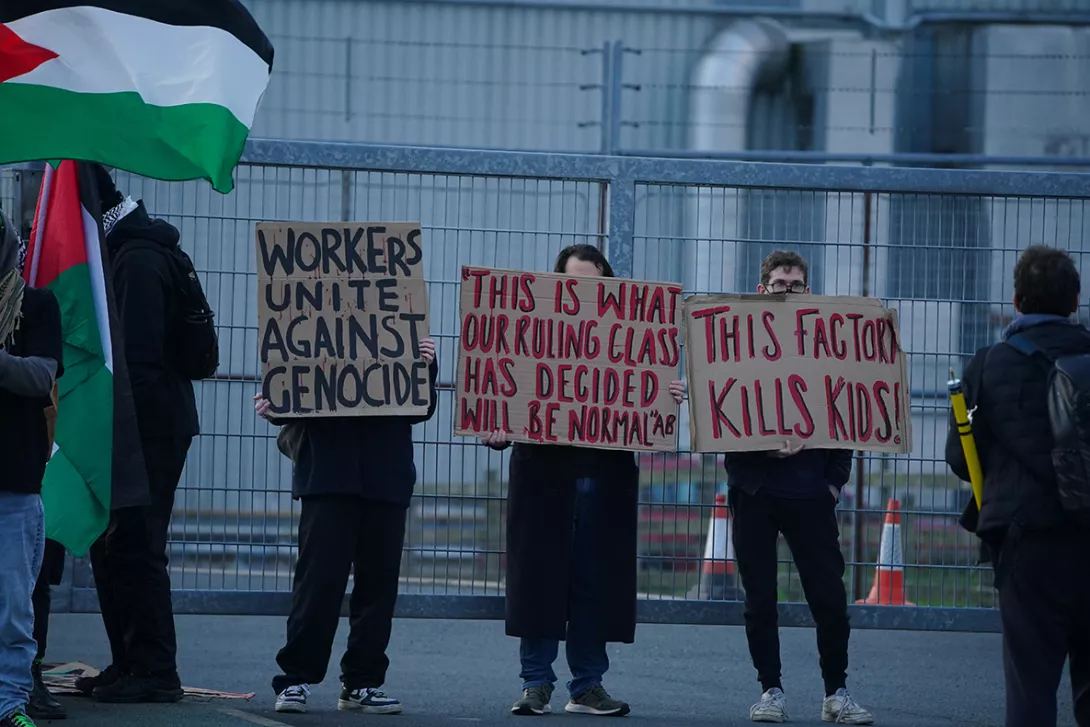
THIS year’s TUC Congress in Brighton from September 8-11 took several key decisions to align Britain’s trade union movement with the pro-Palestine, pro-peace and anti-war movements, and demand an end to Britain’s support for Israel’s genocide in Gaza and escalation towards a wider war in the Middle East.
The Stop the War Coalition’s well-attended TUC fringe meeting on Monday September 9 heard from PCS general secretary Fran Heathcote, the FBU’s Riccardo LaTorre, TSSA general secretary Maryam Eslamdoust, Unison president Steve North, Sean Vernell from UCU, Louise Regan, chair of NEU’s international committee, and Stop the War vice-president Chris Nineham.
Every speaker identified the need to oppose the trend in the TUC in recent years, led by some unions representing workers in the arms industry, to argue for an increase in the proportion of Britain’s GDP spent on arms production.
